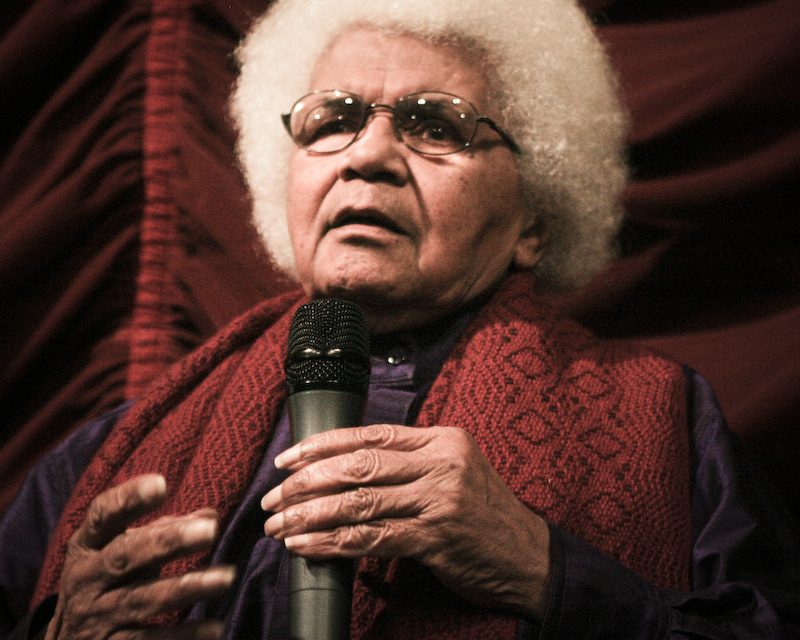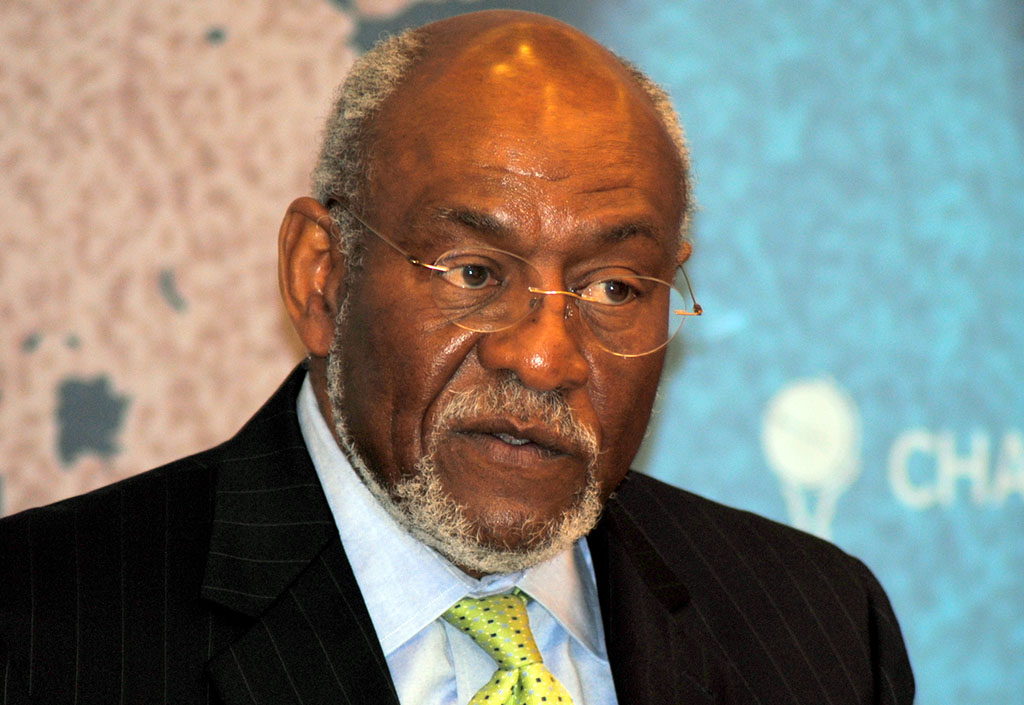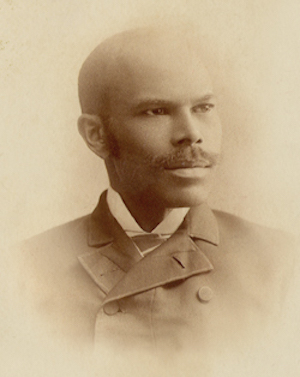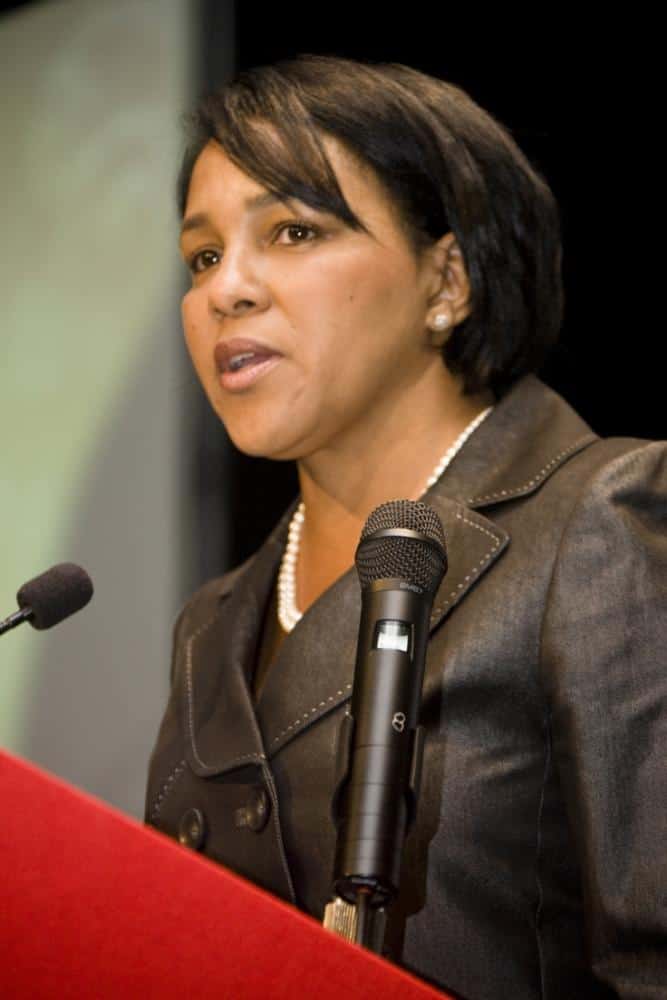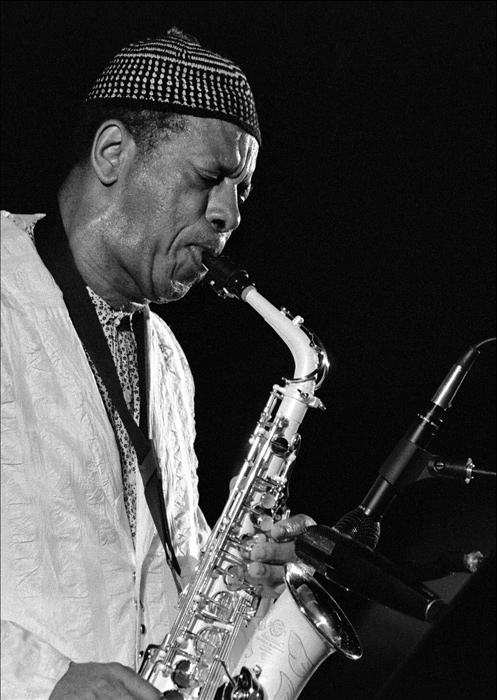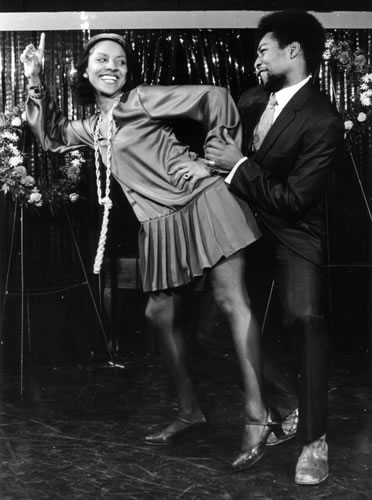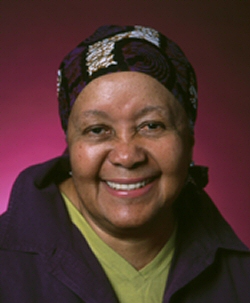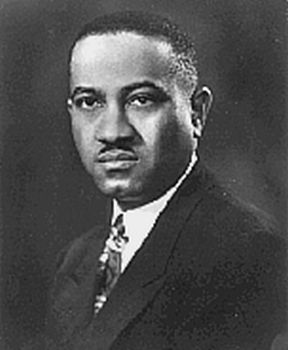Négritude cinema director, activist, feminist Sarah Maldoror was born Sarah Ducados on July 19, 1929, in Condom, France, of emigrant parents from the Francophone Caribbean Island of Guadeloupe. She later selected her name after the hero of the Comte de Lautréamont’s novel Les Chants de Maldoror.
In 1956, Maldoror co-founded the theatre group Compagnie d’Art Dramatique des Griots in Paris, the first Black theater company in the city. This project was supported by her friends Ababacar Samb Makharam from Senegal, Guadeloupean Robert Liensol, Haïtien vocalist Toto Bissainthe, and Timité Bassori of the Ivory Coast. After five years with the ensemble, in 1961, she left France to study film via scholarship at the Gerasimov Institute of Cinematography in Moscow, Russia. However, her greatest concern was the state of African cinema as her career was greatly impacted artistically and politically by the Négritude poet Aimé Césaire, who was born in Basse Pointe, Martinique.
Maldoror married Mário Coelho Pinto de Andrade, an Angolan scholar/poet who had been the president of the Movement for the Liberation of Angola (MPLA). They parented two daughters Henda Ducados Pinto de Andrade, an economist and sociologist, and Annouchka de Andrade. They left for Algeria in 1963 for a brief period. Maldoror worked on the classic film, The Battle of Algiers. However, in 1968 she debuted the film Monagambée, about torture techniques used by the French during the Algerian war. It displayed her new understanding of Pan-Africanism.
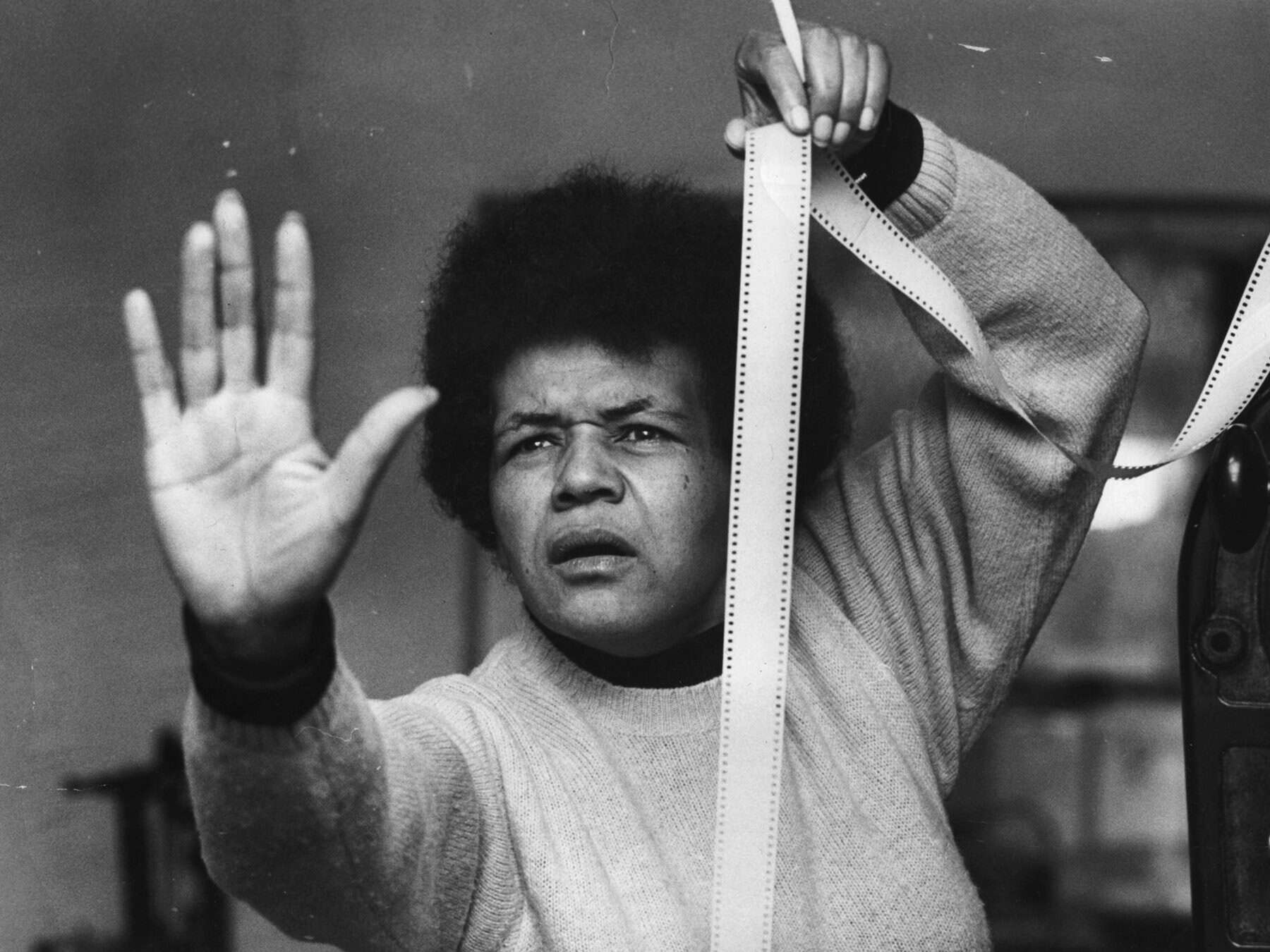
Sarah Maldoror (Little White Lies)
In 1970, Maldoror directed the film Des Fusils Pour Banta (Guns for Banta) about a countrywoman involved in the African Party for the Independence of Guinea and Cape Verde. Following this creative project, for the next three decades, Maldoror produced a string of films of cultural consciousness. Some have focused on universal black struggles, including the movie Sambizanga (1972), which explored the Angolan war as perceived by women. The MPLA produced this work. It also won the Tanit d’Or at the 1972 Carthage Film Festival hosted in Tunisia.
Maldoror also produced the Négritude works L’hôpital de Leningrad [Leningrad Hospital] (1983), Le racisme au Quotidien [Daily Life Racism] (1983), Aimé Césaire, le masque des mots-Aimé Césaire, [Word as Masks] (1986), Emmanuel Ungaro, couturier Louis Aragon – Un masque à Paris Vlady, peintre Léon-Gontran Damas [Emmanuel Ungaro, fashion designer Louis Aragon – A Mask in Paris Vlady, painter Léon-Gontran Damas] (1995), L’Enfant cinema-(Children’s Theatre) (1997), and We, France’s Undocumented Immigrants (1997).
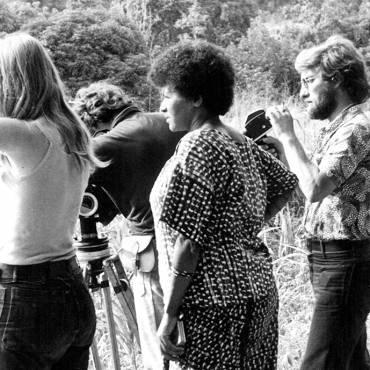
Sarah Maldoror (Friends of Sarah & Mario)
Maldoror was also awarded the status of chevalier dans l’ordre national du Mérite (Knight-National Order of Merit) by the French cultural minster Frédéric Mitterrand, in 2012.
Sarah Maldoror, the Mother of African Cinema who made 42 films, died of COVID 19 complications on April 13, 2020 in Fontenay-lès-Briis, France. She was 91.

